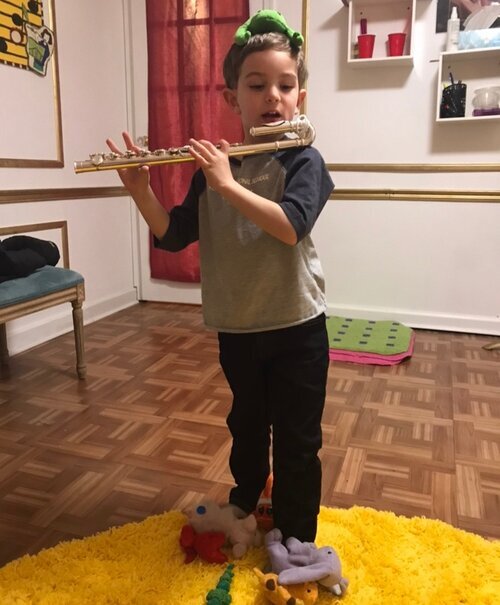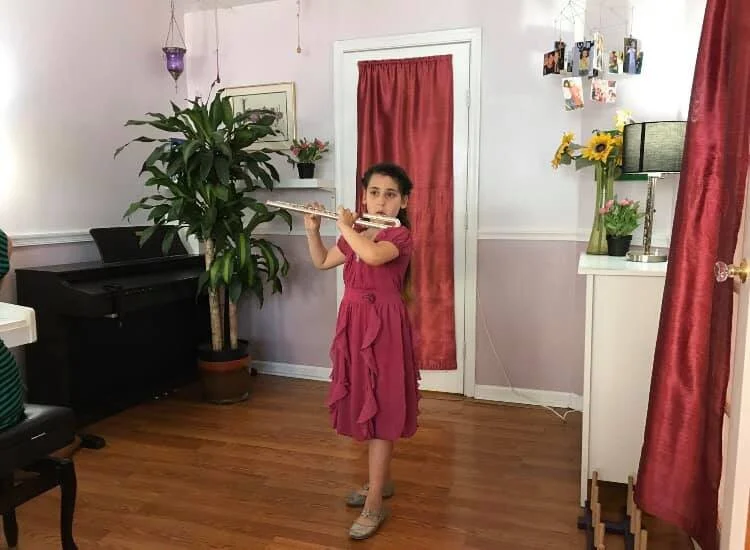Why Should My Child Play a Musical Instrument?
Is it worth the hard work, commitment, and money to learn a musical instrument? There are so many activities to choose from…so why music?
Music benefits the whole child: brain, body, and heart.
Music for the Brain
The link between brain development and music in early childhood has impressed researchers for decades. But how does music learning benefit older children? Neuroscience research has shown that studying a musical instrument develops the auditory system improving listening skills, memory, and concentration. Music training also enhances cognitive skills related to spatial reasoning and complex mathematics.
There is even a fascinating correlation between music and brain plasticity, which is the brain’s ability to modify its connections and rewire itself. Neuroplasticity is essential to healthy development and is enhanced through music education. This adaptability of the brain is particularly important for problem solving and creative thinking, two very important skills for thriving in an ever changing world.
Music for the Body
Music also teaches physical skills like coordination and fine motor skills. Specifically, practicing an instrument develops something called sensorimotor synchronization, which is the rhythmic coordination of perception and action. In order to play a song, a musician must visually decode musical symbols on the page and then translate that information into specific fingerings or positions on their instrument to play the notes. This entire process happens at an incredibly fast rate. Talk about developing good hand-eye coordination!
Playing an instrument also helps children to develop good balance and body awareness. They learn to stand tall with good posture, feet planted and elongated spine. Plus, wind instruments require kids to learn about air and breath control. This is so wonderful for mindfulness and feeling calm and secure in our bodies.
Music for the Heart
“If children hear fine music from the day of their birth and learn to play it, they develop sensitivity, discipline and endurance. They get a beautiful heart.”
-Shinichi Suzuki
Music is crucial to the emotional development of children. We use music to process emotions and express our ideas. It provides opportunities for deep connection and builds sensitivity, awareness, and appreciation for beauty.
While we might practice by ourselves, music is first and foremost a social experience and always invites us to collaborate and work together. Playing in an ensemble allows kids to take risks in a safe environment and even develop leadership skills at a young age.
But perhaps the biggest benefit of all: resilience. Learning an instrument is hard work. It takes time and focused energy and patience. It’s hard for kids to overcome the need for instant gratification, but music lessons can help. Children develop self control and endurance, overcome obstacles, and even learn how to stick with something hard for 10,000 repetitions! That kind of dedication, persistence, and self-discipline goes far beyond music. It translates to everything we do.
So if you are considering beginning this incredible journey of developing life skills through music, know that there will be ups and downs along the way. That is true for any learning process. Just remember these four things that music always teaches us: listen, breathe, connect, and play.
“Perhaps, it is music that will save the world.”
-Pablo Casals (after listening to a group of children playing violin at a Suzuki concert)





